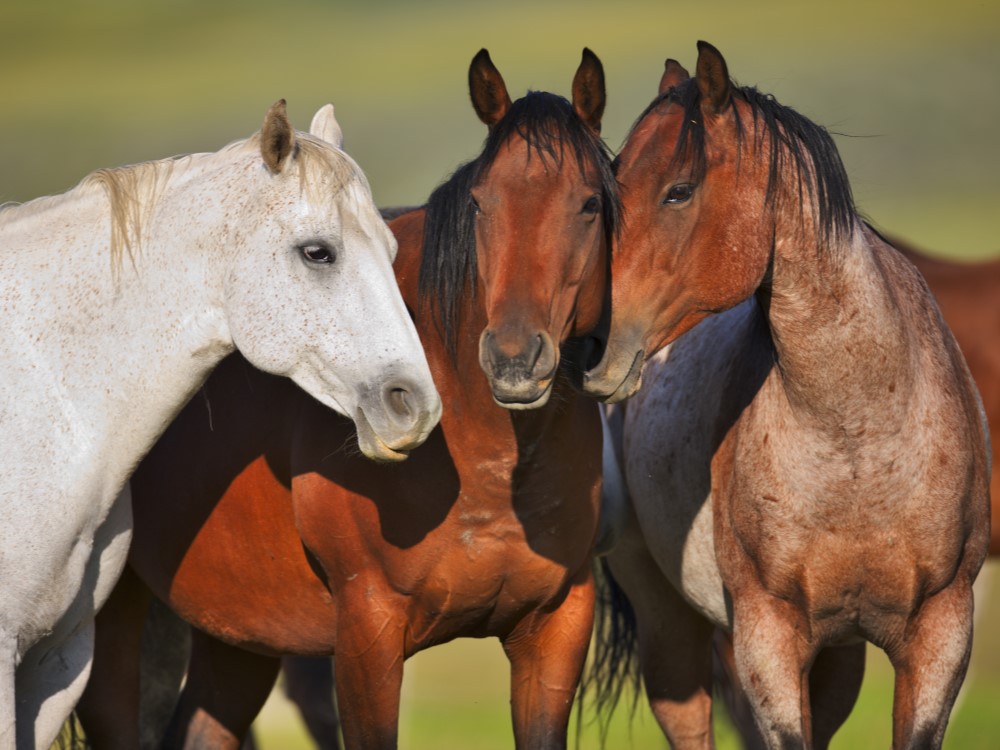
The Working stable/Padock paradise
Concerned about the well-being of the horses that we welcome, we naturally turned to an engaged working stable coupled with the principle of Paddock Paradise which comes closest to the living conditions of the horse in its natural state.
The engaged working stable model offers the possibility for the horse to eat continuously according to its needs, to have social contacts essential to its well-being and to be mobile throughout the day while grazing.
The Paddock paradise surrounds the engaged working stable and allows the horses to move around sufficiently during the day and to access more or less hilly parts of the land as well as the forest.
We have also included a water point, an access area for minerals and a rolling area to encourage the horses to move to satisfy their needs.
The advantages of this type of structure
In order for a horse to be happy it requires very simple things:
- Social contact with peers
- To be nourished continuously
- To travel several kilometres per day
- To be able to express the behaviours of the species (rolling around, smelling congeners, etc.)

By offering this holistic approach to our horses we gained significant insight to the following:
- Horses naturally build muscle and maintain their cardiovascular, respiratory and motor functions (tendons, joints).
- Reduction in farriery costs, as the horse is almost constantly in motion and walks on soils of various structures (grass, hard, sand), the intervention of a professional to carry out foot maintenance will be much more spaced out given that the foot is already adorned naturally on the ground. We also offer the equine podiatry service present in the stable.
- Reduced veterinary costs, the horse in its natural state spends an average of 16 hours per day feeding. In a “classic” equestrian centre in a box, the quantities given are rationed, however the horse digests in only 2/3 hours and then begins to have gastric pain which can subsequently develop into ulcers.
The presence of colic is also extremely rare or almost non-existent in the field. - Decrease in dental costs, the horse that grazes all day naturally maintains its teeth, therefore requires less regular dentistry.
- A noted decrease in aggressive behaviour.

